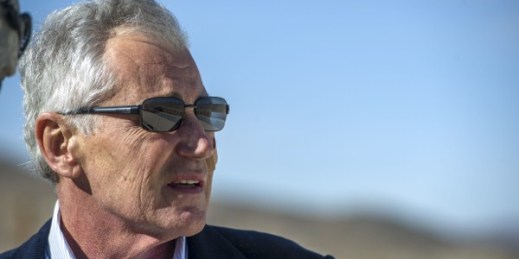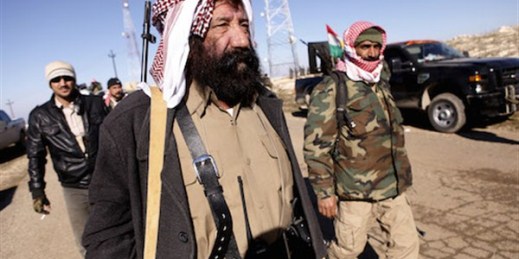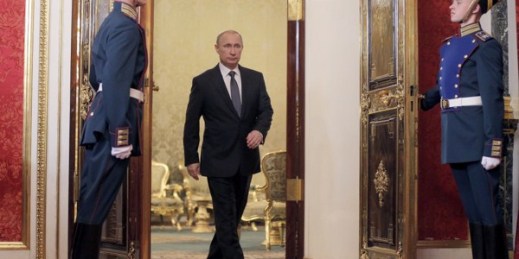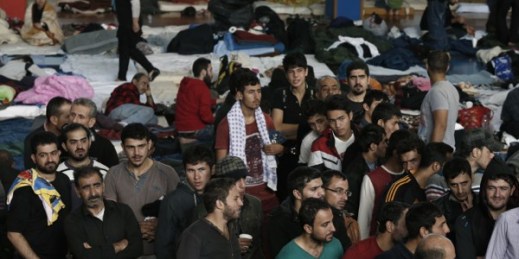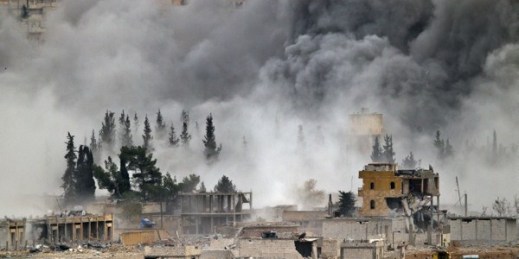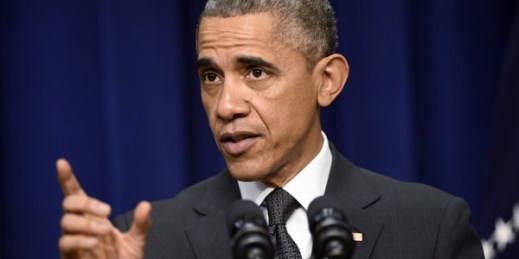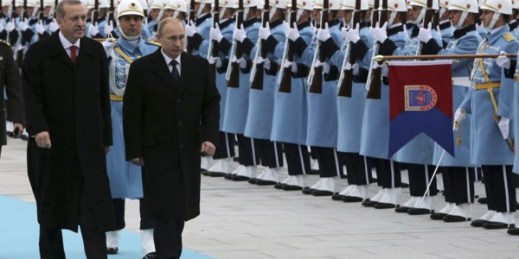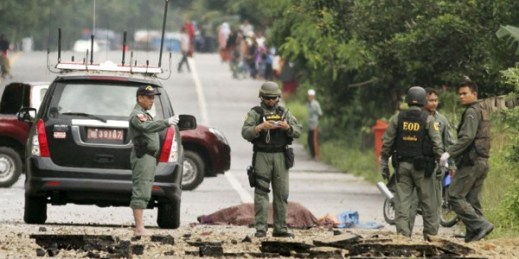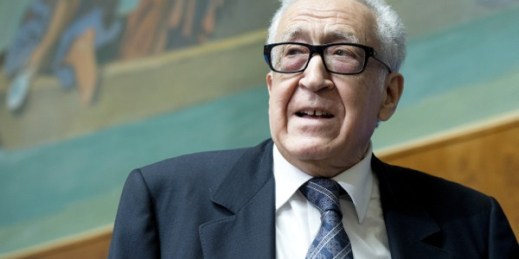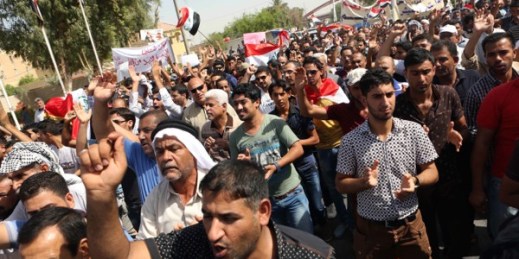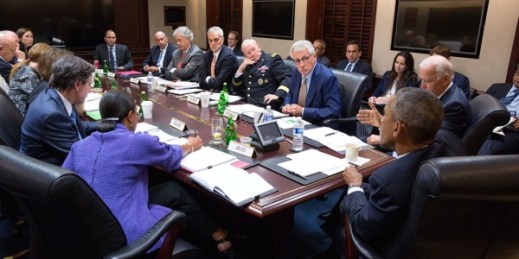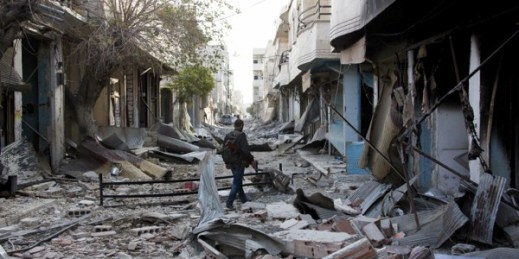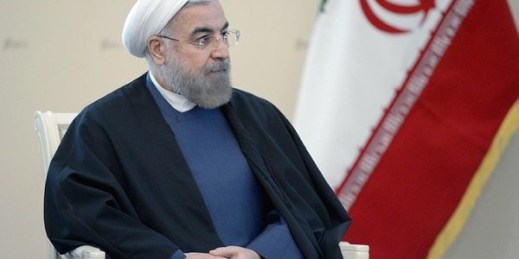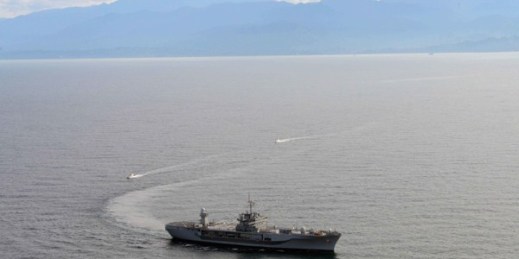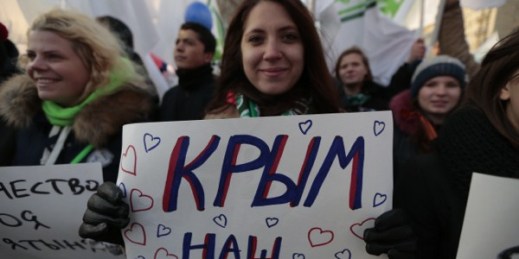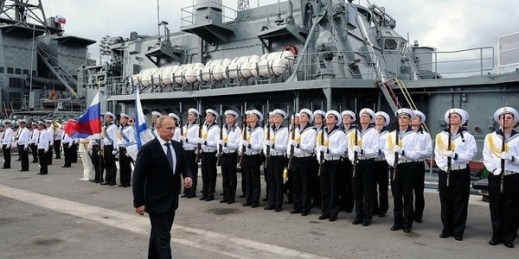
Last week, Russian President Vladimir Putin approved a revised national military doctrine. The updated text aligns better with recent Russian government statements and policies than the previous version, issued in 2010. In particular, the new doctrine presents a lengthier list of threats while also recognizing Russia’s revived military capabilities. The Russian Security Council directed the writing of a new doctrine in July 2013, well before the current crisis in Ukraine. The Council approved the new text on Dec. 19 and Putin signed it one week later. The document was then posted on the Kremlin website. This iteration is the fourth […]


